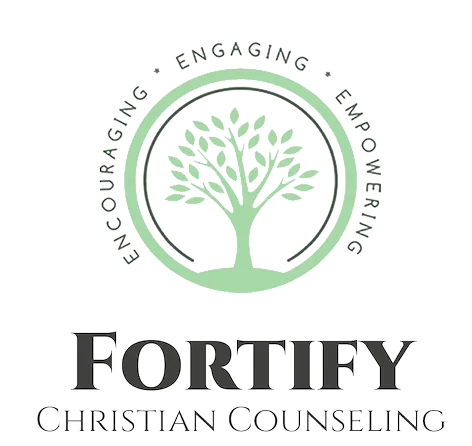More often than not, addictions start with the experimental and recreational use of drugs, alcohol, gambling, tobacco, social media, food, sex, or video games in social situations or in passing. For some people, their habits and use become more frequent. As time passes, a person may feel the need to use more of the substance to get their desired high, and soon a person may need their addiction to simply feel “good.”
Drug addiction symptoms and behaviors include, among others:
- Feeling the need to use the substance regularly, which can be daily or multiple times a day
- Having intense urges for the substance or behavior
- Over time, needing more of the substance to get the same effect
- Being certain that you maintain a supply or have access to the substance or behavior
- Not meeting obligations and work responsibilities
- Doing things you wouldn’t normally do to continue the habit, such as stealing
- Focusing more and more time and energy on getting and using the substance
- Experiencing withdrawal symptoms when not using
- Failed attempts to stop your habit or addiction
If you can relate to any of the above symptoms or behaviors, it may be time to consider addiction counseling.
As addiction counselors, we will address the symptoms of your addiction and the related areas of impaired functioning, and together, we’ll structure the time and content of your ongoing recovery.
Stages of Recovery
- Pre-Contemplation: The individual may not recognize the severity of their addiction.
- Contemplation: They begin to acknowledge the problem and consider change.
- Preparation: The individual is ready to take actionable steps toward recovery.
- Action: Engaging in treatment programs and implementing changes in lifestyle.
- Maintenance: Sustaining recovery and actively preventing relapse.
- Relapse (if applicable): Relapse may occur. If it does, it is also an opportunity to learn and regain focus on your recovery journey.
Coping Strategies for Relapse Prevention
Relapse is a common part of the recovery process. Here are strategies that might help:
- Identify Triggers: Understand the situations, people, or emotional states that lead to cravings and wanting to return to your habit.
- Develop Coping Skills: Learn more restorative ways to manage the stress and emotional discomfort that come with addiction.
- Stay Connected: Keep in touch with a support network such as AA, NA, or any support group. Isolation without support can lead to relapse.
- Create a Routine: Establishing a structured daily routine can provide stability and reduce opportunities for substance use and your chances of relapse.
The Serenity Prayer
The Serenity Prayer, initially attributed to theologian Reinhold Niebuhr, has become a hallmark within addiction recovery programs. Its powerful and simple message resonates with those seeking peace in their lives amid chaos. It allows individuals to submit themselves and their addiction to God and pray for wisdom while navigating their recovery.
The prayer reads:
“God, grant me the serenity to accept the things I cannot change,
Courage to change the things I can,
And wisdom to know the difference.”
1 Corinthians 10:13 says, “No temptation has overtaken you that is not common to man. God is faithful, and He will not let you be tempted beyond your ability.” In the face of addiction, Jesus Christ offers hope and reminds us in 1st Corinthians that he will not let the temptation of addiction overtake you. Through his word, God provides us with the tools and strength to overcome all obstacles because of the saving grace of the work on the cross. Jesus offers hope and freedom from the chains of addiction.
We believe that there are many paths to successful recovery that will work with your goals and desires and ensure you can make the life changes you want to make. Contact us today!

